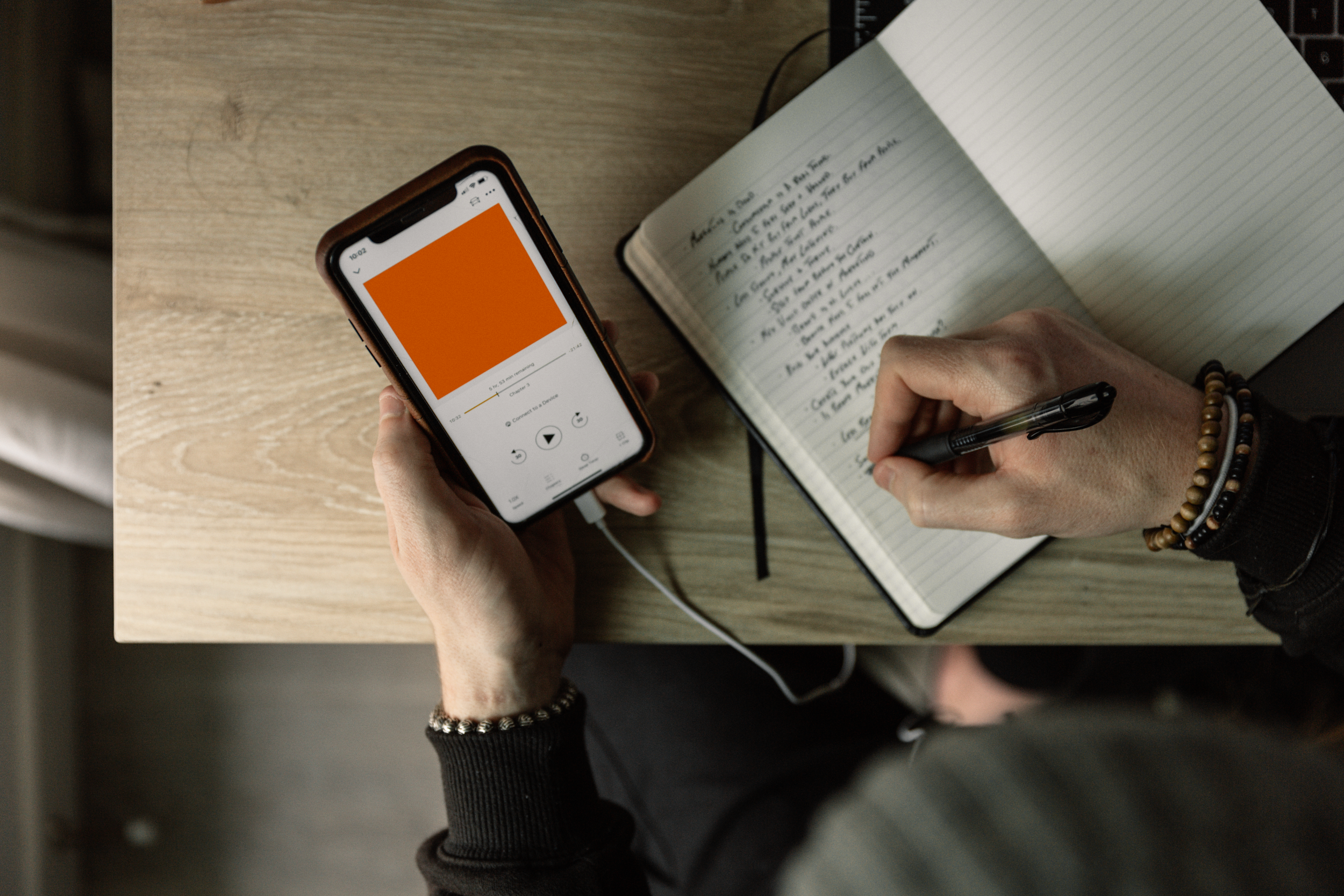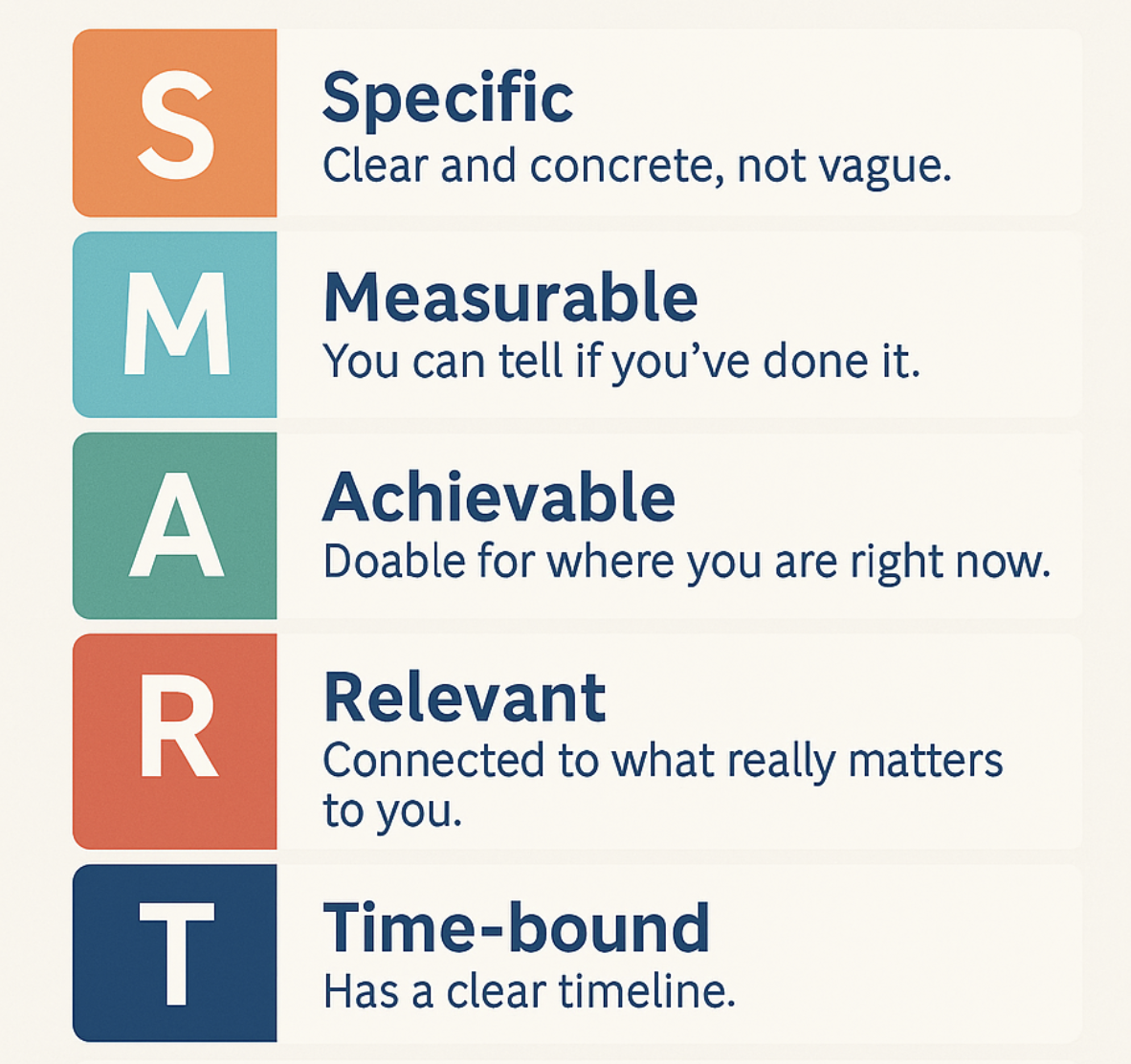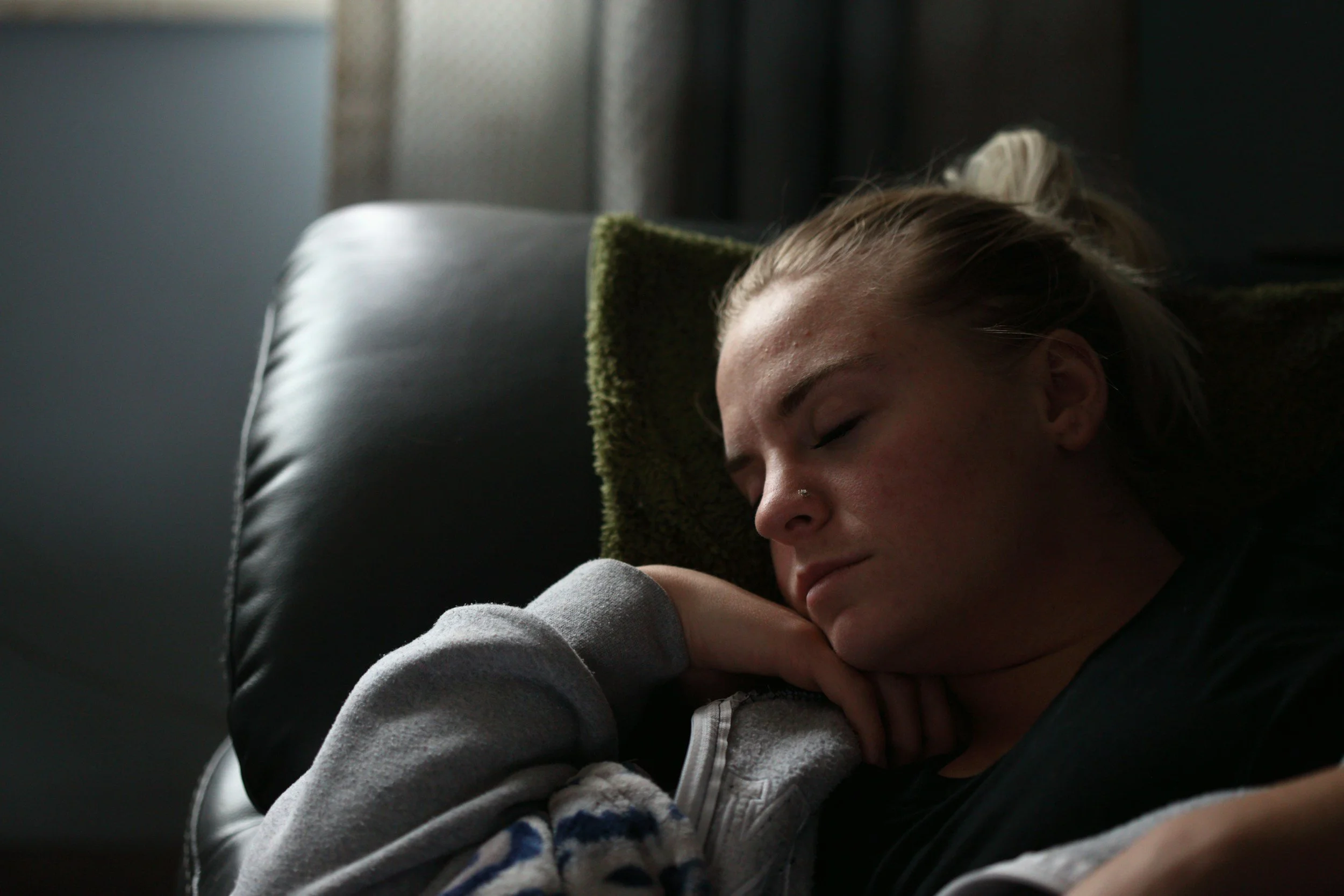Resources

Pathological Demand Avoidance or Persistent Drive for Autonomy in Adults
PDA comes up regularly in my ADHD skills and accountability group, often before anyone has language for it. Someone describes a sudden drop in capacity. Someone else talks about feeling flooded by a task they technically know how to do. It is usually followed quickly by self-criticism. Lazy. Inconsistent. Bad at follow-through.
What they are describing is not a motivation problem.

Resources for Neurodivergent Adults
This is a page I am regularly updating as new resources cross my path. I hope you find some of them useful.

Twice Exceptional Adults: When High Ability and Neurodivergence Coexist
Twice exceptional, or 2e, describes adults who have both high intellectual ability and a form of neurodivergence, most often ADHD or autism. In adulthood, this combination does not look like exceptional performance. It looks like sustained overcompensation.

The Emotional Landscape of Entrepreneurship
Running a business isn’t just about strategy or grit - it’s about identity. Entrepreneurs rarely talk about how personal it feels to put something into the world that carries your name, taste, and judgment. The business becomes a reflection of you, and when things go well it feels validating. When they don’t, it can feel like exposure.

How to Submit a Superbill for Out-of-Network Therapy Reimbursement
If you’re seeing me (or any out-of-network therapist), you may be able to get partial reimbursement from your insurance. A superbill is what you send to your insurer so they can process your claim. Below I explain what a superbill is, what to ask your insurance company, and how to submit it step by step.

Executive Functioning Strategies
Executive functions are the mental skills that help us plan, focus, remember, and manage our daily lives. We all have a range of capabilities when it comes to these skills and there may be circumstances that present particular challenges, such when we’re stressed, anxious or depressed, or if we have ADHD.

SMART Goals
It’s easy to get caught up in a new exciting plan or have a hazy sense of what we’re trying to achieve, but if we want to get something done, we benefit from clarity.

Grounding Techniques for Trauma and Anxiety: How to Come Back to the Present
Grounding techniques can help bring you back to the here and now. They aren’t a cure for trauma or anxiety, but they are practical tools you can use to steady your nervous system when things start to spiral.

Sometimes Surviving Is Enough: Setting the Bar at “Don’t Make It Worse”
There are moments when even basic functioning feels out of reach. And trying to push yourself into a place of thriving can actually make things worse.
Sometimes, the most compassionate thing you can do is to shift the goal entirely. Instead of trying to get better, what if the bar is just: don’t make it worse?

When Closeness Feels Unsafe: Navigating Intimacy After Trauma
For many people who’ve experienced trauma, especially relational trauma, intimacy can feel threatening. Even if you long for connection, your body might pull away. You might shut down, lash out, or feel overwhelmed by closeness you thought you wanted.
This isn’t about being avoidant or damaged. It’s often a trauma response. And it makes sense.

The Overwhelm Loop: Managing Executive Dysfunction and Anxiety Spirals
You know you need to start. You stare at the task, the email, the calendar, the pile. But instead of doing the thing, your mind starts spinning. You feel pressure, dread, and maybe even shame. You try to will yourself into action, but instead you freeze, scroll, or walk away. And then the guilt kicks in.

Vicarious Trauma: When Witnessing Pain Changes You
You don’t have to live through something directly for it to affect you deeply. Sometimes, simply witnessing someone else’s suffering can leave a lasting imprint. Whether it’s through your work, the news, or relationships, you may find yourself carrying pain that isn’t technically yours but still feels heavy.

AuDHD 101: What It Means to Be Both Autistic and Have ADHD
If you’ve ever felt like your brain is doing everything at once and nothing at all, or like your sensitivity and restlessness are constantly at odds, you’re not imagining it. You might be navigating something called AuDHD, a term that describes the overlap between autism and ADHD.

When Your Work Becomes Your Identity: Anxiety and the Pressure to Always Perform
It can feel good to be someone who gets things done, who shows up, who cares about doing excellent work. But for many people, work doesn’t just stay in the workspace. It becomes something more consuming, such as a measure of worth, a coping strategy, and a fragile source of identity.

The Myth of Forever: When Depression Makes You Feel Stuck for Good
One of the hardest things about being in a depressive episode is the way it distorts time. Depression doesn’t just make things feel bleak. It makes them feel endless. When you're in it, it can seem like you’ve always felt this way and that nothing will ever change.
That sense of permanence is a lie your brain is telling you. Even though it can feel incredibly convincing, it’s not the full story.

Feeling Like a Burden: The Guilt and Shame That Depression Brings Into Relationships
When you're living with depression, your internal world can feel heavy enough. But for many people, that weight gets compounded by a painful belief: I'm a burden to the people around me. This thought isn’t just uncomfortable. It can reshape how you relate to others, deepening isolation, guilt, and shame in ways that are often invisible from the outside.
If this resonates with you, you’re not alone. And the pattern isn’t your fault. There are reasons this shows up, and there are ways to shift it.